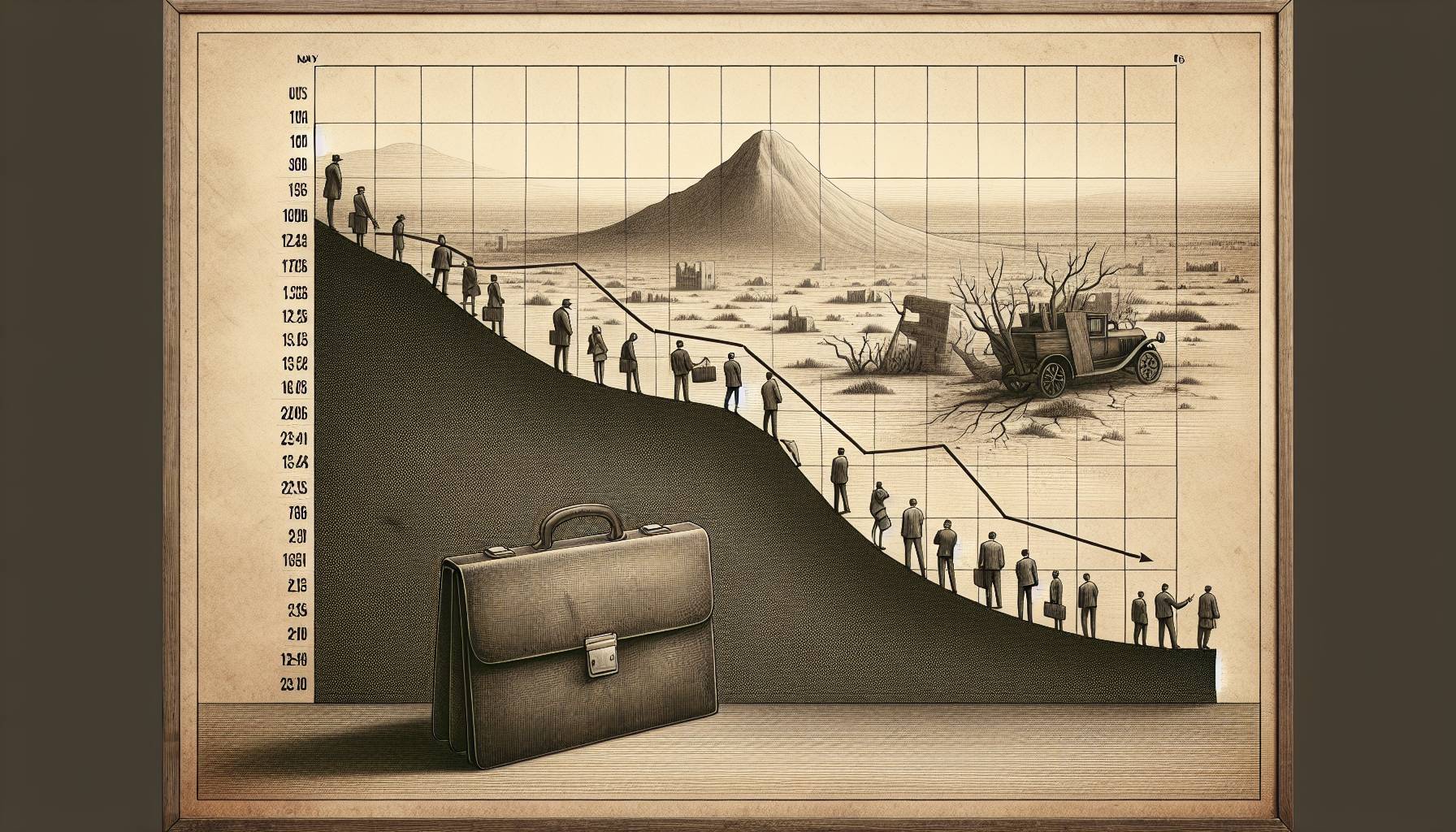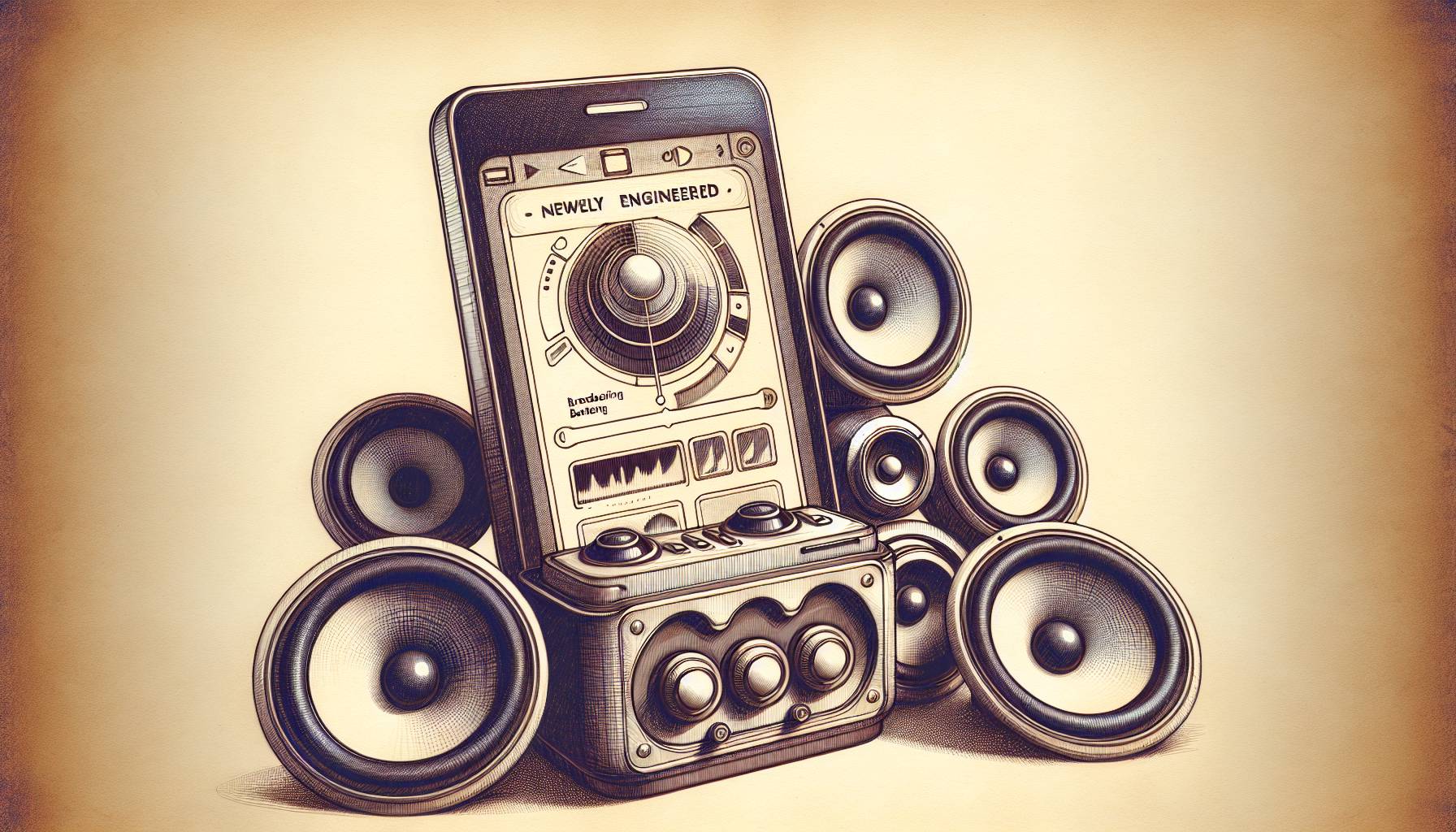Every now and again a video game extends into other levels of pop culture.
Games such as Street Fighter, Mortal Kombat and Tomb Raider are also feature films, while the name “Madden” is at least as synonymous with the EA Sports franchise as it is with the Hall of Fame football coach and announcer.
More recently, iPhone games like Flight Control and Doodle Jump have reached elevated levels of popularity. Yet no game created for Apple’s iOS mobile platform can indisputably be labeled a pop culture icon.
Finnish developer Rovio is looking to do just that with its chart-topping game Angry Birds. The company hopes to bring the game to television, comic books, toy stores and even the big screen. So how might Angry birds become the iPhone’s first crossover hit?
Approaching 18 million downloads
For the uninitiated, Angry Birds is a simple game that challenges players to catapult birds with various abilities at structures containing egg-stealing pigs. The catapult-style game is by no means new to gaming (Crush the Castle, for one, is basically the same game), but never before has a game in this genre – or any iOS game for that matter – been this successful.
The numbers behind Angry Birds suggest that it may already have become a pop culture phenomenon regardless of whether it breaks into other media platforms. The full 99-cent version of the game has been downloaded more than 6.5 million times, while the free lite edition recently surpassed 11 million iPhone installations.
Released in Dec. 2009, Angry Birds has spent most of this year at or near the top of the iTunes top paid games list. The game’s latest run at number one ended only after Electronic Arts put Tetris on sale for 99 cents for a weekend. An international sensation, Angry Birds is a bestselling iPhone app in more 60 countries. In addition, its expanded iPad version has been downloaded more than 200,000 times.
Multiple mobile titles before taking off on the iPhone
Rovio started in 2003, originally under the name Relude. Before Apple opened up the iTunes App Store in 2008, Rovio had already developed dozens of games for mobile devices including the 2006 release Need For Speed: Carbon.
The company’s approach with iOS games, however, is much more selective. The only other Rovio-developed iPhone title is the 2008 puzzle game Totomi, a relatively modest hit.
Mikael Hed, who became CEO of Rovio last year, recently told Variety that creating and building a brand name is more important than making a number of different games. Through word-of-mouth and social media marketing initiatives including a hilarious 90-second cinematic trailer and expanding Twitter and Facebook followings, Angry Birds is reaching enthusiastic fans who don’t own iPhones, iPads or iPod touch devices.
Landing on Android and other mobile platforms
Angry Birds was recently released for the Palm Pre, as well as smartphones that operate on Google’s Android mobile software. Rovio also plans to bring Angry Birds to other gaming systems such as the PlayStation and X-Box. How well Angry Birds performs on gaming platforms outside of the iPhone – where touch screen controls and cartoon-style graphics generate broad appeal – could determine whether or not if flies in other media channels.
Like any great storyteller, however, Rovio knows how to get their followers to constantly come back for more. The company regularly introduces new chapters to the Angry Birds story, which in turn inspire users who already own the game to update the app so they can tap into additional levels. An upcoming update, titled Mighty Eagle, will include an “in-app” purchase opportunity that will allow consumers to pay for the right to skip certain levels.
These updates generate continued good-will from consumers, and Angry Birds is among the top-rated apps in the iTunes App Store with hundreds of thousands of five-star ratings. Time will tell if the game’s iPhone dominance will play well on the larger screen or in a toy store near you.












